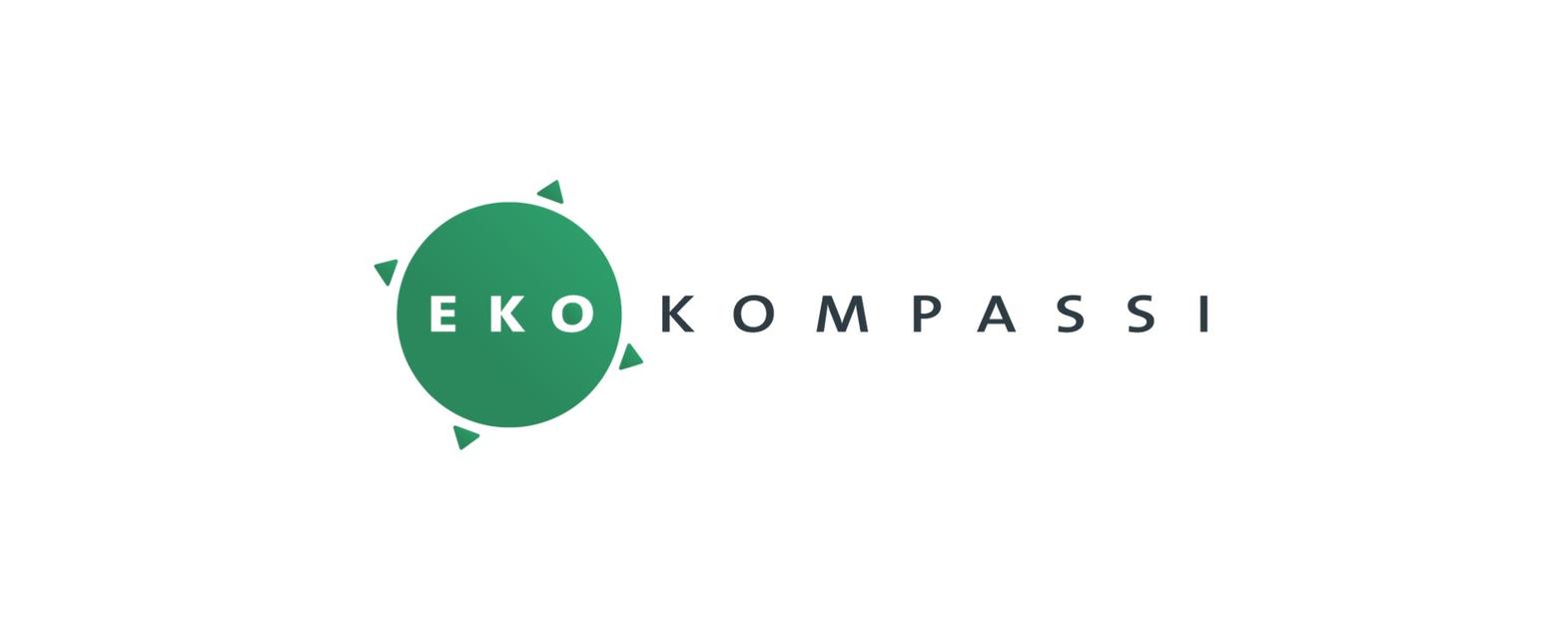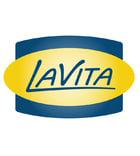-
Essential:
Essential cookies are essential for you to browse the website and use its features. Cookies that allow web shops to hold your items in your cart while you are shopping online and navigating the website are an example of strictly necessary cookies. Our website does not work without these cookies, so they are stored without your express consent.
-
Preferences cookies:
Preferences cookies can be used to change the user experience of our website. Preferences cookies allow a website to remember choices you have made in the past.
-
Statistics cookies:
Statistics cookies are used to collect information about how you use our website. None of this information can be used to identify you.
-
Marketing cookies:
Marketing cookies track your online activity. The purpose of marketing cookies is to help advertisers deliver more relevant advertising or to limit how many times you see an ad.

Ekokompassi environmental certificate for Kontiolahti World Cup
The Ekokompass environmental system built for the Kontiolahti World Cup event since 2019 has been audited for the first time this week.
“The event organizer's commitment to long-term development and the plans to expand the environmental work to also cover activities outside the World Cup events appeared to be particularly good things. This guarantees a significantly greater impact than just focusing on a single event", commented Ville Heinilä, an environmental expert at Pääkaupunkiseudun Kierrätyskeskus Oy who audited the environmental system.
Systematic environmental work continues
Sami Leinonen, director of the Biathlon World Cup event, emphasizes the importance of systematicity in all development work, including environmental issues.
"We have mapped our environmental impacts and our opportunities to influence them. Based on the survey, we have created an environmental program and policy with which we commit to the continuous development of our operations. The environmental system is a tool with which we manage our environmental work," says Leinonen.
The environmental certificate will also appear in communications.
"With the Ekokompassi certificate, we communicate our commitment and thus encourage our partners to join us in systematic environmental work," Leinonen describes.
Centering reduces the load
The environmental system takes into account, among other things, energy consumption, the use of materials, movement options and the use of chemicals.
Environmental manager of the event Sari Jormanainenemphasizes that the pipeline of four World Cup events granted to Kontiolahti in 2020-21 will help with environmental work.
"A series of several events gives the opportunity to save on material purchases. Signs, banners, work clothes and, for example, products for sale purchased for one event will be available for subsequent events as well," says Jormanainen.
He reminds that environmental work is continuous development. You can always do things better than before.
"In 2021, we will focus on cooperation agreements and drawing up procurement instructions. Although the certification only applies to environmental work, we also want to act in a socially and financially responsible manner."
In the coming years, the focus of the environmental work focused on the Kontiolahti biathlon stadium will be on organizing low-carbon major events. The work is progressing in the project "For the best of major sporting events" funded by the North Karelia Regional Association and implemented by Kontionloika and Kontiolahti Urheilijat ry.
More information:
- Sari Jormanainen, environmental manager of the Biathlon World Cup event: 0500-180800
INFO:Biathlon World Cup: This is how the environment looks
- Electricity is produced by wind power, as a partner the local but nationwide electricity company PKS.
- The racetracks are run with track machines, fueled by Neste's MyDiesel, which is made 100% from waste and residues.
- Biodegradable materials and ingredients produced nearby are preferred in restaurants. Losses are minimized through cooperation agreements.
- Electronic channels are preferred for communication.
- Waste is sorted and delivered for appropriate further processing.
- Athletes' prizes come from local companies. The prizes are utility items, the materials and production of which emphasize responsibility.
INFO: Ecocompass environmental system
- Environmental system and certificate that is audited externally
- Based on the ISO 14001 standard and based on compliance with 10 criteria
- Using e.g. in these events: Jukola's message, Salpausselä Games, Cross-Country World Championships Lahti 2017, Paavo Nurmi Games, Helsinki City Marathon
- Owned by the Finnish Nature Conservation Association
- https://ekokompassi.fi/










